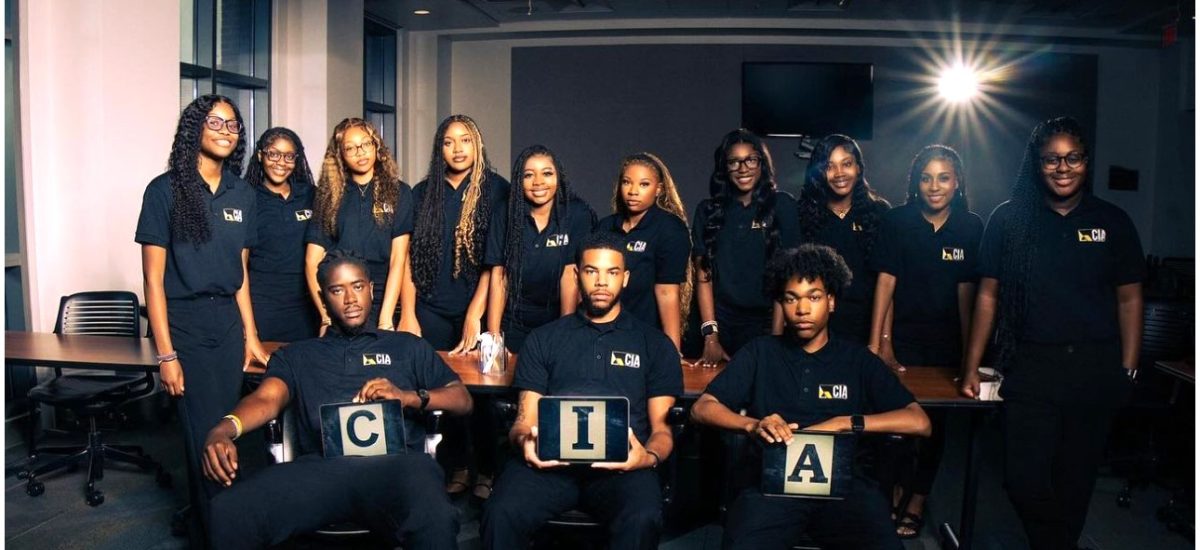Mississippi lawmakers propose anti-LGBTQ+ bills
The lawmakers in Mississippi have recently introduced 31 anti-LGBTQ+ bills so far this year.
Most of these bills have to do with transgender youth. That puts Mississippi as the leading state this year for bills against the LGBTQ+ community. Some of the bills are replicas of bills implemented in the state of Alabama except for a few exceptions.
The bill that brings the most controversy to the table is House Bill 1125, also known as the “Regulate Experimental Adolescent Procedures Act” or “REAP” according to Mississippi Today. In short, the bill states that Mississippi doctors cannot perform “gender-affirming” surgery nor will they be able to write prescriptions for hormones nor puberty blockers to minors. Here is the kicker. The adolescent will not be able to have anything along these lines done, even with the consent of their own parents.
“It breaks my heart y’all, because it’s nowhere near accurate,” said Jensen Luke Matar, the director of the nonprofit Trans Program, according to Mississippi Today. “It’s fluffed up in a way to make it seem like they’re working hard to protect our children, and it’s the exact opposite.”
This bill proves to be most controversial because, in our State, there is plenty of anti-LGBTQ+ people. It is as if the people who are deciding on these bills have disregard for human rights. According to Movement Advancement Project, only about 3.5 percent who are age 18 and older who are LGBTQ. However, the total population from ages 13 and older equals 99,000 people. In 2021 at the time of the last census, Mississippi totaled at 2,967,297 people. So roughly, out of those 2,967,297 people, there are 99,000 people within the LGQTB+ community. And yes, even the youth places into those statics.
“Denying healthcare to transgender, gender non-conforming, and non-binary youth can be life-threatening,” said Wes Shaffer, coordinator of Prism. “This leads to the increased possibility of suicide, mental health issues, and dysphoria. These all together can be the loss of life to a beautiful young soul.”
According to advocates supporting LGQTB+, most of these bills will not make it out of the house. If they do, this could have an impact on the youth. However, Mississippi Govern Tate Reeves indicated that he would sign the bill calling it “a step to preserve the innocence of our children”. Reeves signed the bill Feb. 28. In a recent article with Mississippi Today, Reeves called it “a war on objective scientific truth” and “basic biology.”
There are obviously two sides to this story; being those who are for it and those who are against it. Those who are for it are in a complete uproar because they feel as if this is their right. The parents feel like this is their right for their children. Then on the alternative side, you have those who are happy about this. In an interview with Reeves, he said that if you talk to these kids in five to ten years, you will find out that in some circumstances, that gender affirming care has been more harmful than helpful.
“I disagree because if we were truly doing “preserving” we wouldn’t be making laws over the autonomy of others’ body. Children know their own souls and teach everyone how to treat them. Politicians should not be making choices for those children and criminalizing their families’ choices. This is not preserving innocence when we are taking away the choice for a child to look and feel more at home in their own bodies,” said Shaffer.
According to the U.S. Department of Health and Human Services, “gender-affirming care is a supportive form of healthcare” and it improves “the mental health and overall well-being of gender-diverse children and adolescents.”
Ultimately, these bills would be restricting the rights of the LGBTQ+ community within the state of Mississippi.
Your donation will support the student journalists of University of Southern Mississipi. Your contribution will allow us to purchase equipment and cover our annual website hosting costs.






























